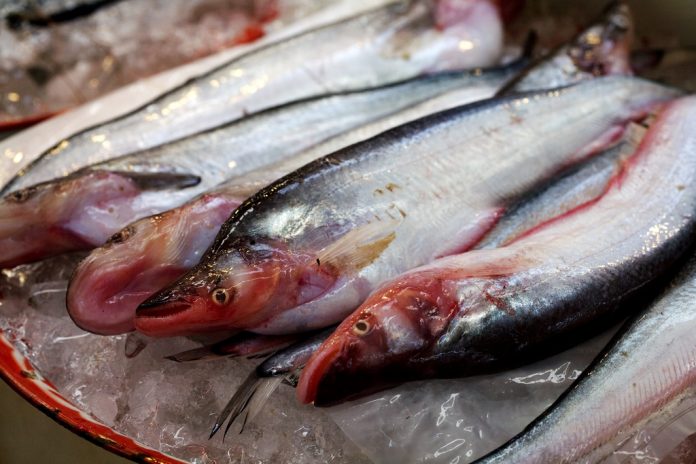A ban on fishing using electrical pulses should be reinstated, according to groups representing small-scale fishing fleets across Europe. They say it is a destructive method.
The method has been allowed in Europe since 2006. But the European Parliament is slated to vote again later this month on whether to allow the practice to continue.
As reported by The Guardian, campaign groups including The Black Fish, Low Impact Fishers of Europe and Bloom have written to parliamentarians requesting the ban be reinstated.
However, others have called for the technique to continue, saying it causes less disturbance than methods such as trawling the bottom of the seabed.
Electric pulses are sometimes used by fishing boats, through devices attached to their nets, to send electricity into the seabed where it disturbs marine life, with the aim of causing fish to move into the nets.
“We are opposed to any expansion of pulse fishing, which seems pretty barbaric and causes unnecessary suffering to fish,” said Green party MEP Molly Scott Cato. “While the use of electrical disturbance might reduce the damage caused to seabed habitats through heavy beam trawling, it cannot be justified to replace one damaging fishing technology with another. The impact on fish and other marine wildlife of pulse fishing is unclear, and it thus also appears to violate the precautionary principle.”
According to Barrie Deas, the chief executive of the National Federation of Fishermen’s Organisations (NFFO), pulse fishing is a highly controversial and emotive issue at present. “The extent to which pulse fishing is more or less impactful on the marine environment than conventional beam trawling is currently being studied. The outcome of this research will be significant in shaping future policy.”
He also warned the use of pulse fishing has led to an increase in the intensity of fishing in areas such as the Greater Thames fisheries, because the technology allowed vessels to fish in softer ground for valuable species such as sole, and the effects of this were not yet known. He said that until a definitive scientific view emerged, governments should protect “sensitive” fishing grounds from the use of the technique, particularly in areas off the English coast.
In related news, the Express.co.uk noted that pro-Brexit MEP Mike Hookem accused the European Parliament of ignoring scientific research demonstrating the damaging effects of the process on fish stock, rallying British MEPs to vote against the proposal.
Speaking exclusively to Express.co.uk, Hookem said: “Normally, many British MEPs will simply do whatever they are told by the EU and their national parties, however, on this issue, I would like to see us unite to make sure we protect not only an industry but a national institution!
“That is why I have invited all MEPs to put aside party divides and vote in the national interest in order to save fishing communities up and down the country who are threatened by the grotesque practice that is electro-pulse fishing.
“Not to do so threatens not just parts of the UK’s coastal economy, but a whole way of life as fishers go out of business due to a lack of their traditional catch.”
After Brexit, the United Kingdom will be entitled under international law to lay claim to an exclusive economic zone (EEZ) up to 200 miles from its coast, within which the British Government will police how fishing operates.

